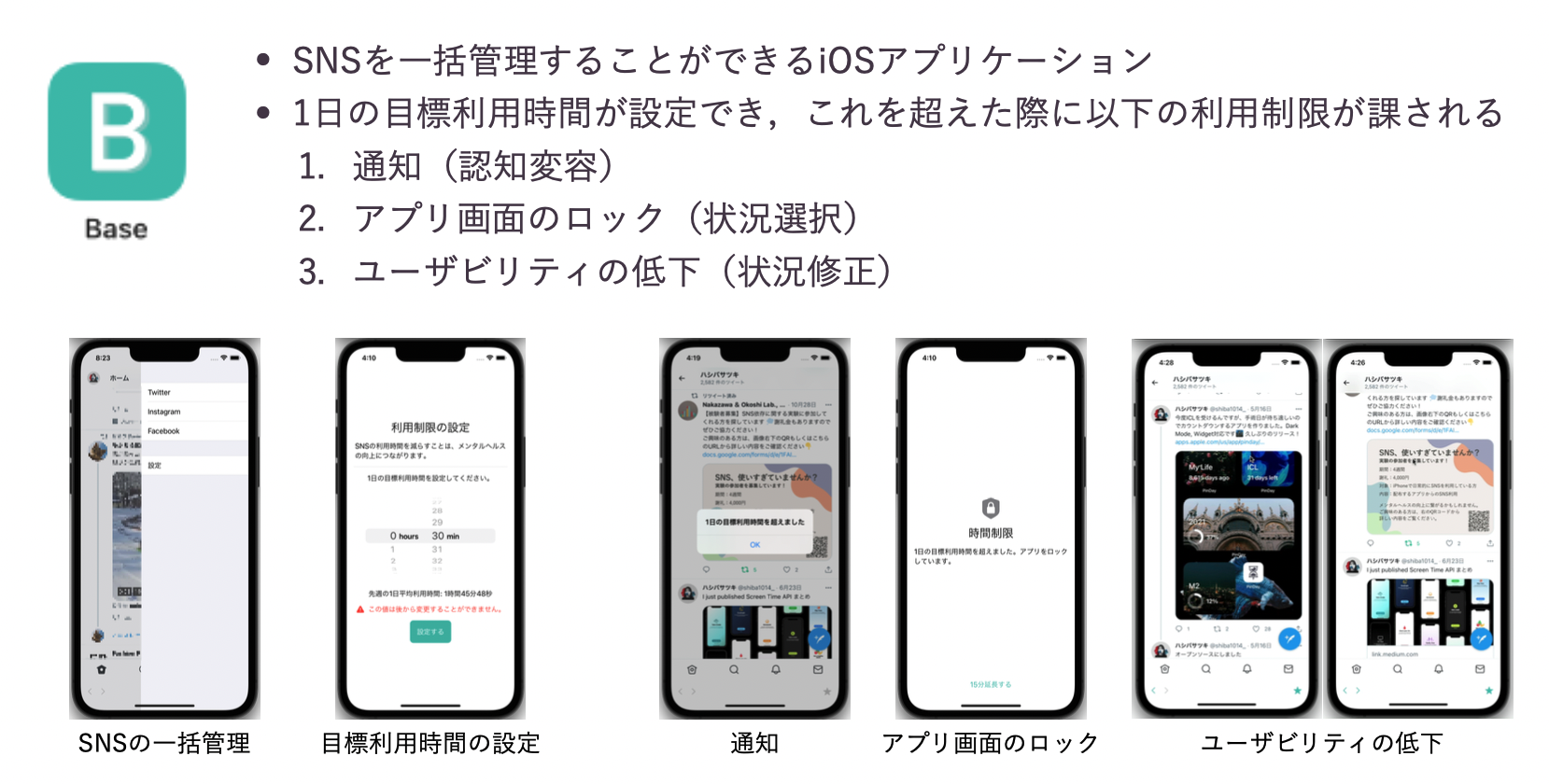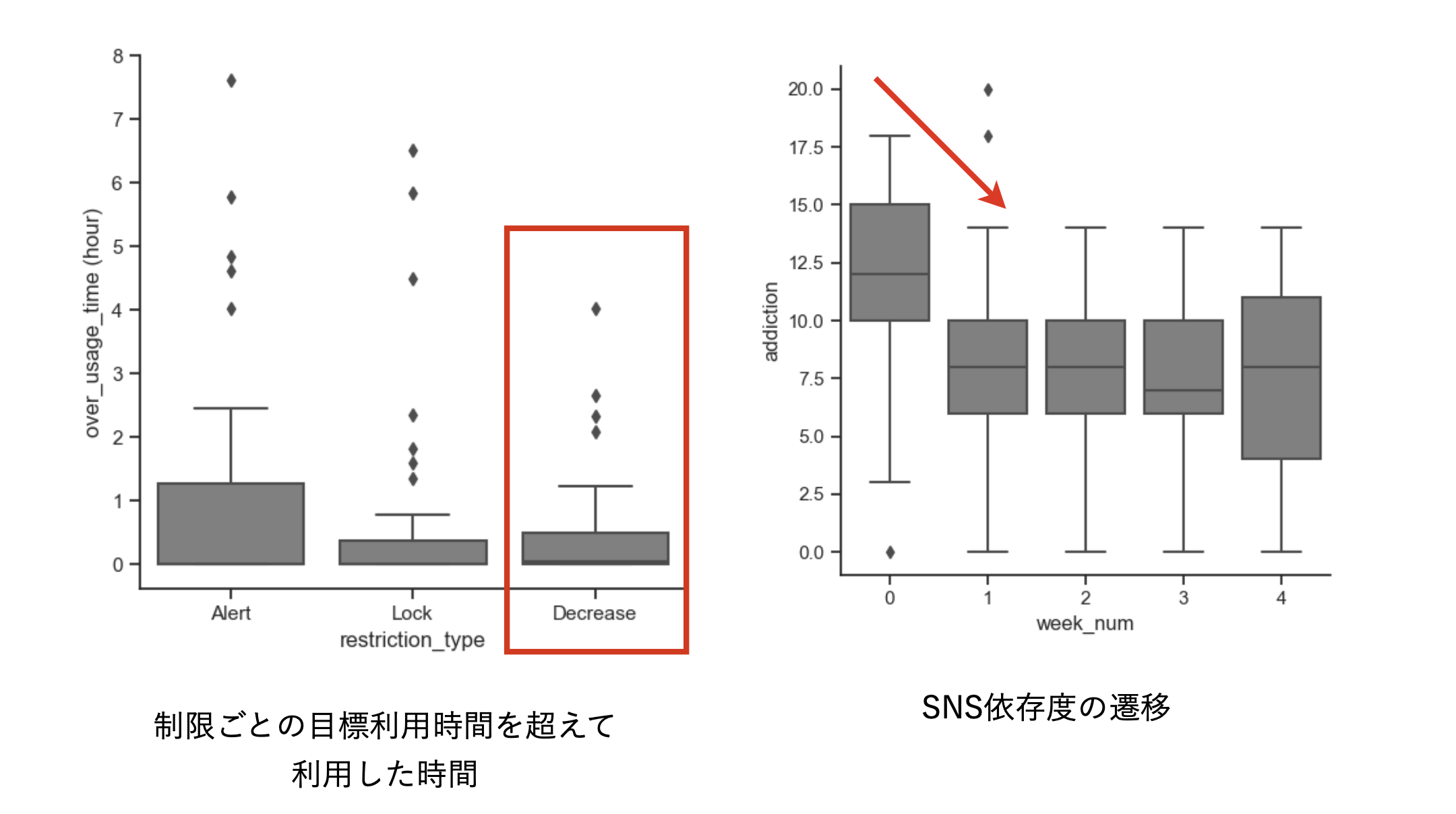With the spread of social networking services, excessive use of these services has become a problem. It is also known as SNS addictions and cause various adverse physical and mental health effects. Restricting the use of SNS has become a very difficult task because various reward systems incorporated in SNS and the high convenience of smartphones increase dependence on SNS. Existing self-control methods adopt strategies such as leaving the smartphone at home. On the other hand, such strategies to restrict the use of SNSs are not sustainable in today’s society, where smartphones have become a necessity of life.
As a new self-control strategy that takes into account the necessity of smartphones, this study proposes a method to suppress the urge by implementing a UI that negatively affects a person’s internal states using “discomfort caused by decreased usability”. This method delays the display by inserting a pseudo-loading time every time the URL is updated, and reduces the amount of scrolling by swiping from the actual amount. “Base system” is an iOS application that manages all SNSs, allowing users to set a target daily usage time, and imposing usage restrictions when this time is exceeded. In addition to reducing usability, we implemented “notification” and “application screen lock” restrictions as a comparative method for limiting usage.
The results of a 4-week evaluation experiment with 34 participants who installed the Base system showed that, when compared with the excess usage time after the target usage time was exceeded, restrictions due to reduced usability were more effective than restrictions due to notifications in limiting the use of SNS, and may be as effective as restrictions due to application screen locks. The results also suggest that the use of the Base system itself may be as effective as the use of application screen locks. In addition, the use of the Base system itself weakened the subjects’ dependence on SNS. These results show the effectiveness of the system in breaking free from SNS dependence by decreasing usability that negatively affects a person’s internal state.

